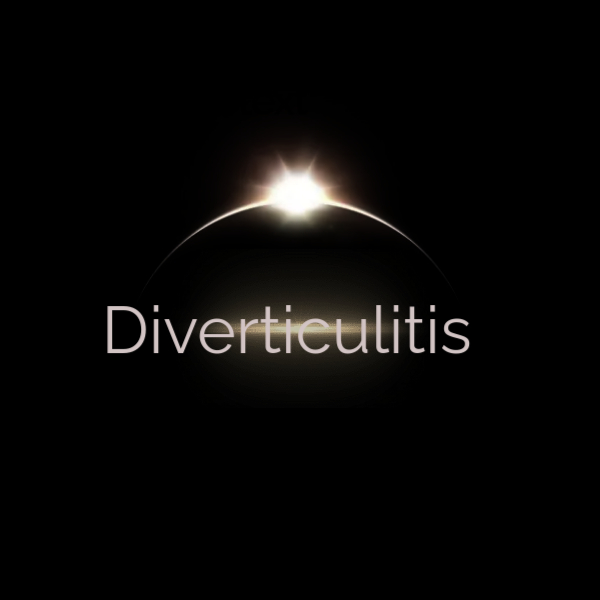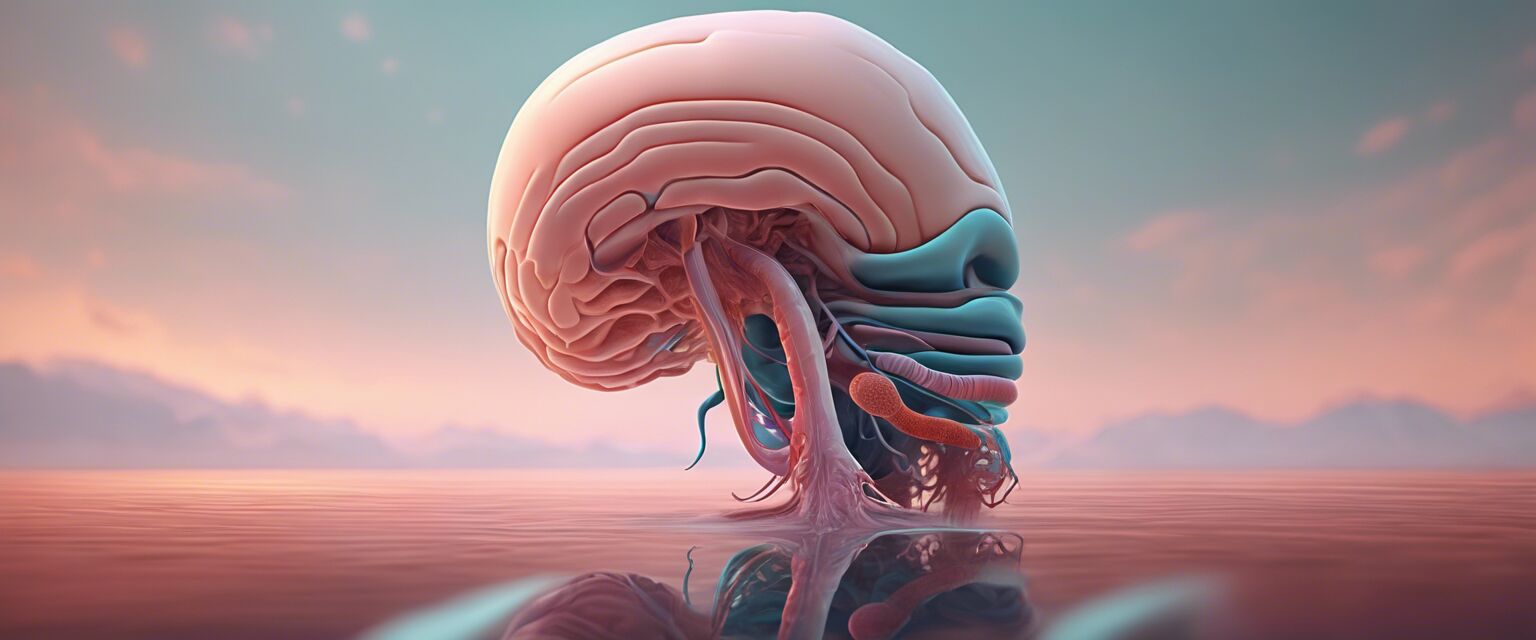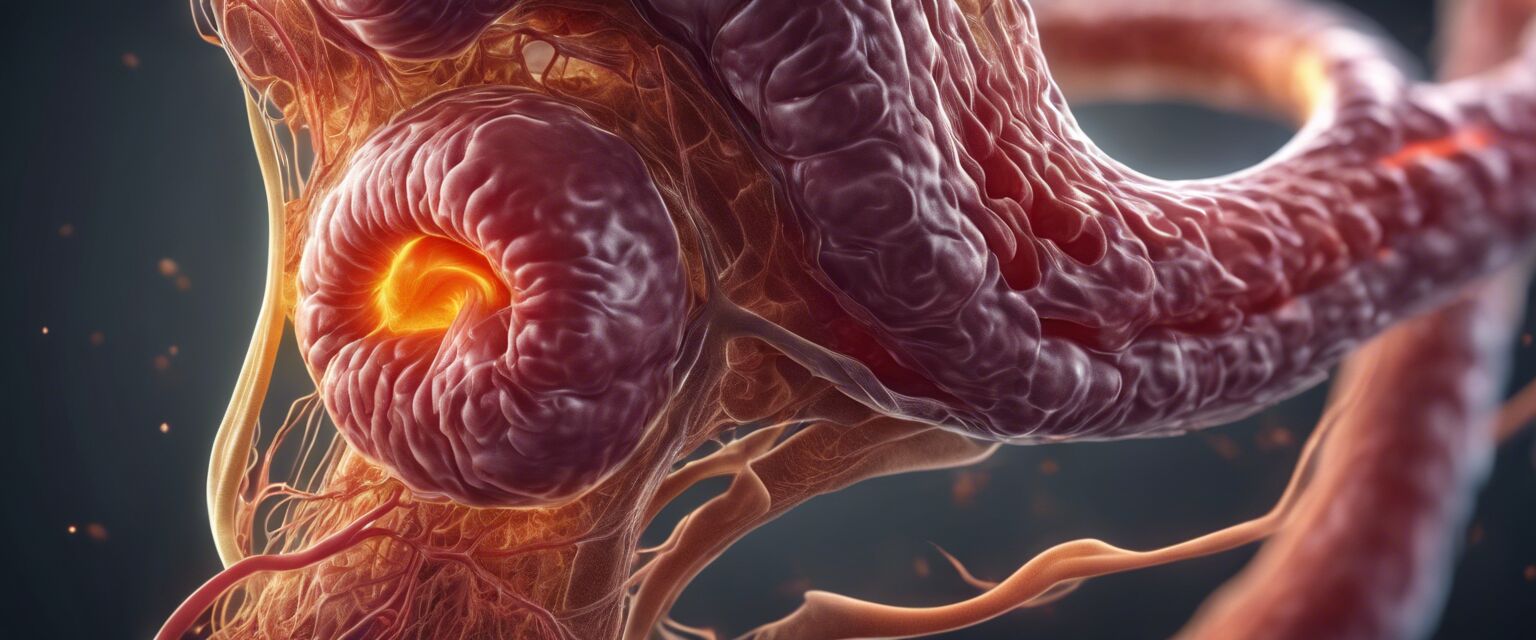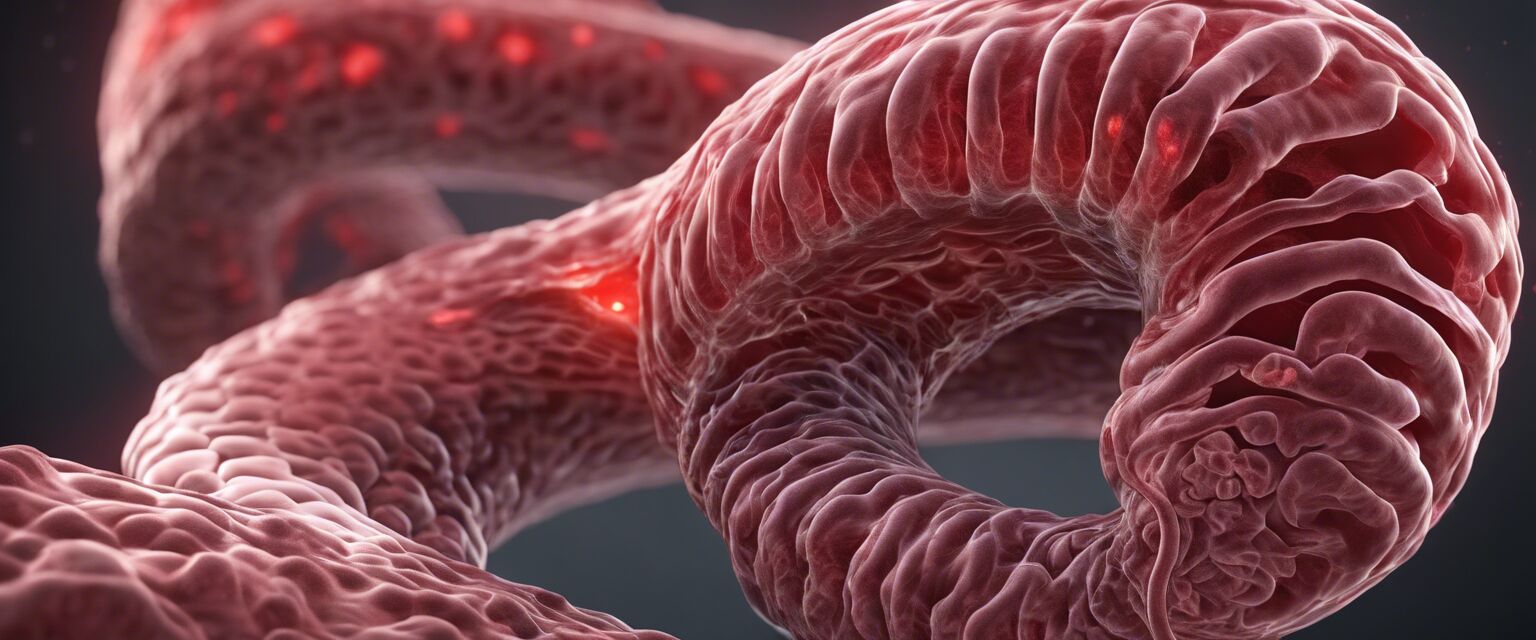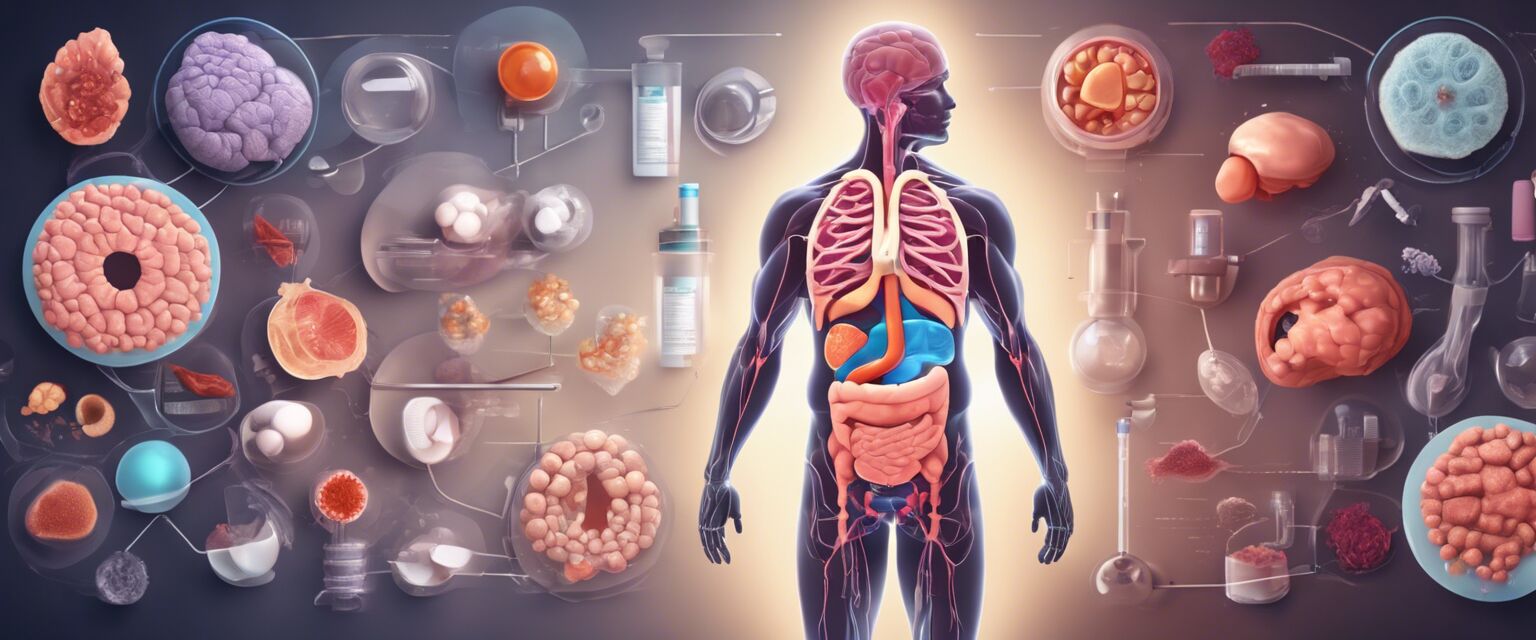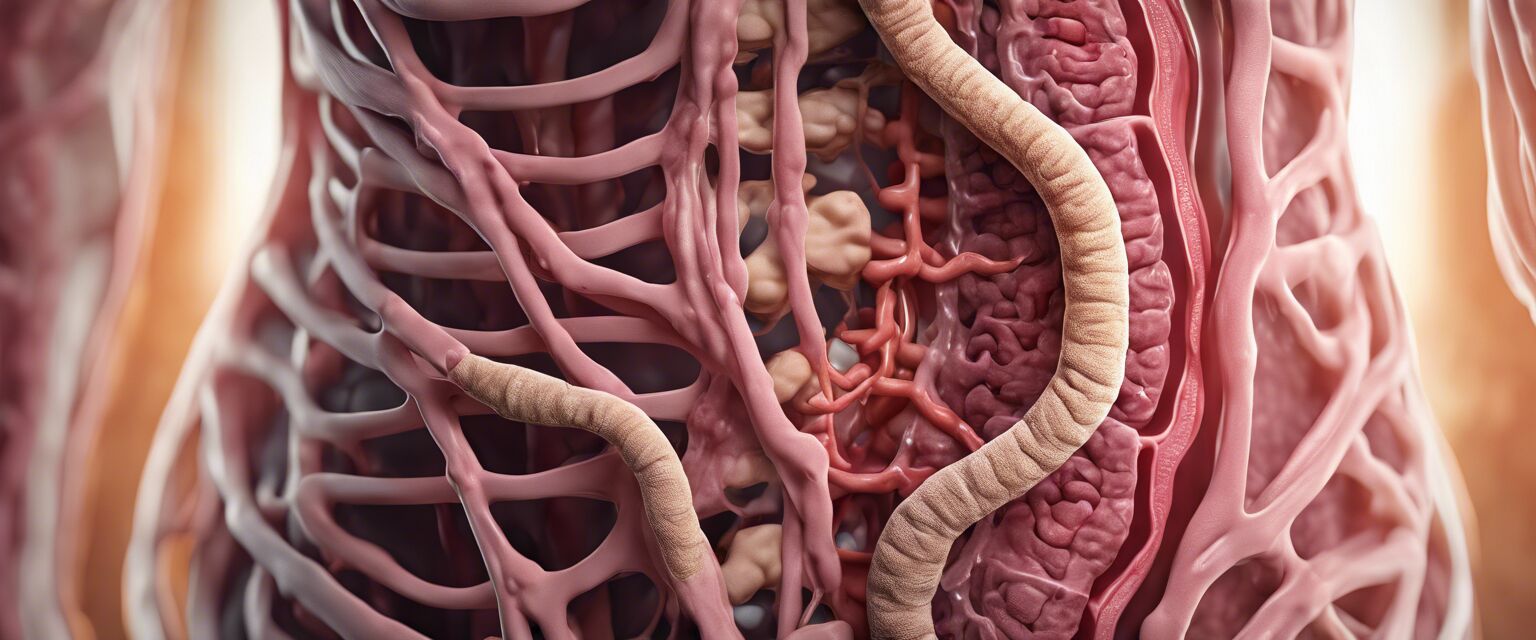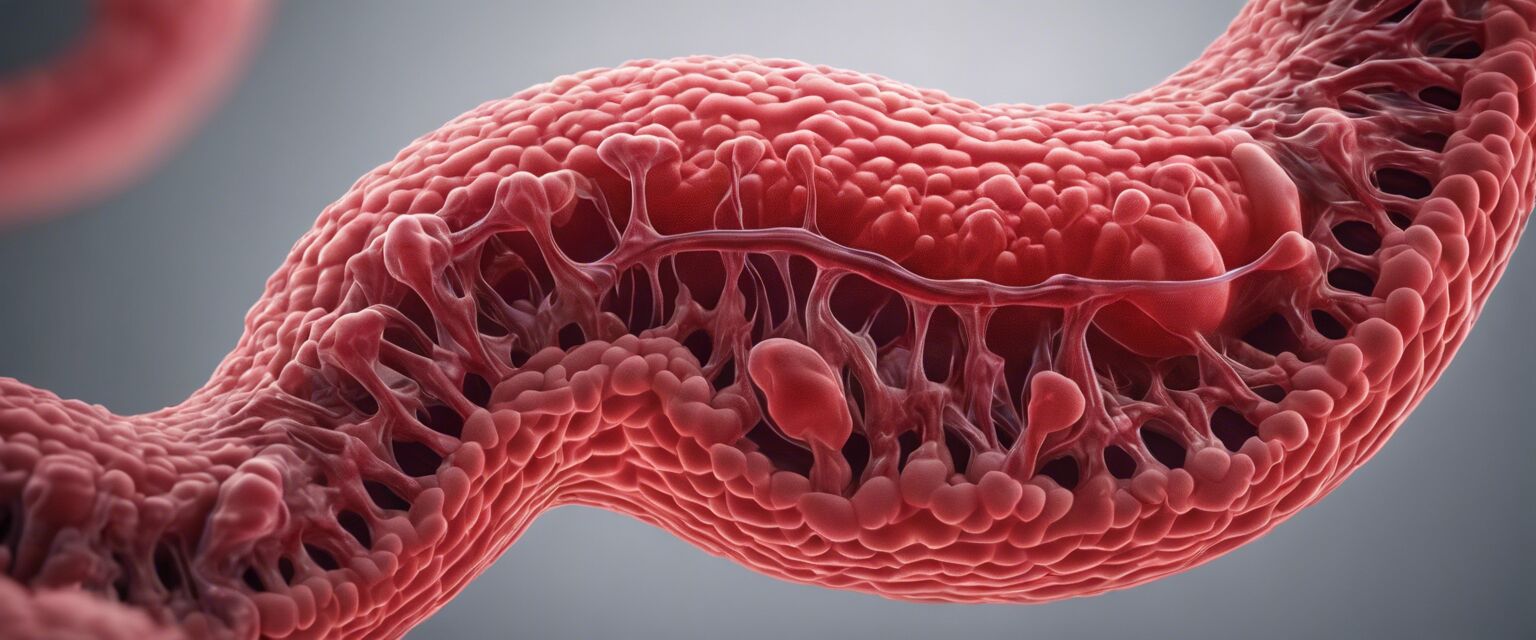
Complications of Diverticulitis
Diverticulitis is a common condition that affects the digestive system, but if left untreated or not properly managed, it can lead to various complications. In this article, we will explore the potential complications that can arise from diverticulitis and what you can do to prevent or manage them.
Key Takeaways
- Diverticulitis can lead to complications such as abscesses, perforations, and fistulas
- Untreated diverticulitis can increase the risk of bowel obstruction and peritonitis
- Lifestyle changes and proper management can help prevent or reduce the risk of complications
What are the Complications of Diverticulitis?
Diverticulitis can lead to various complications, some of which can be serious and even life-threatening. Here are some of the potential complications:
| Complication | Description |
|---|---|
| Abscesses | A pocket of pus that forms in the wall of the colon or in the abdominal cavity |
| Perforations | A hole in the wall of the colon that allows bacteria to leak into the abdominal cavity |
| Fistulas | An abnormal connection between the colon and another organ or the skin |
| Bowel Obstruction | A blockage in the intestine that prevents food and liquid from passing through |
| Peritonitis | An infection of the lining of the abdominal cavity |
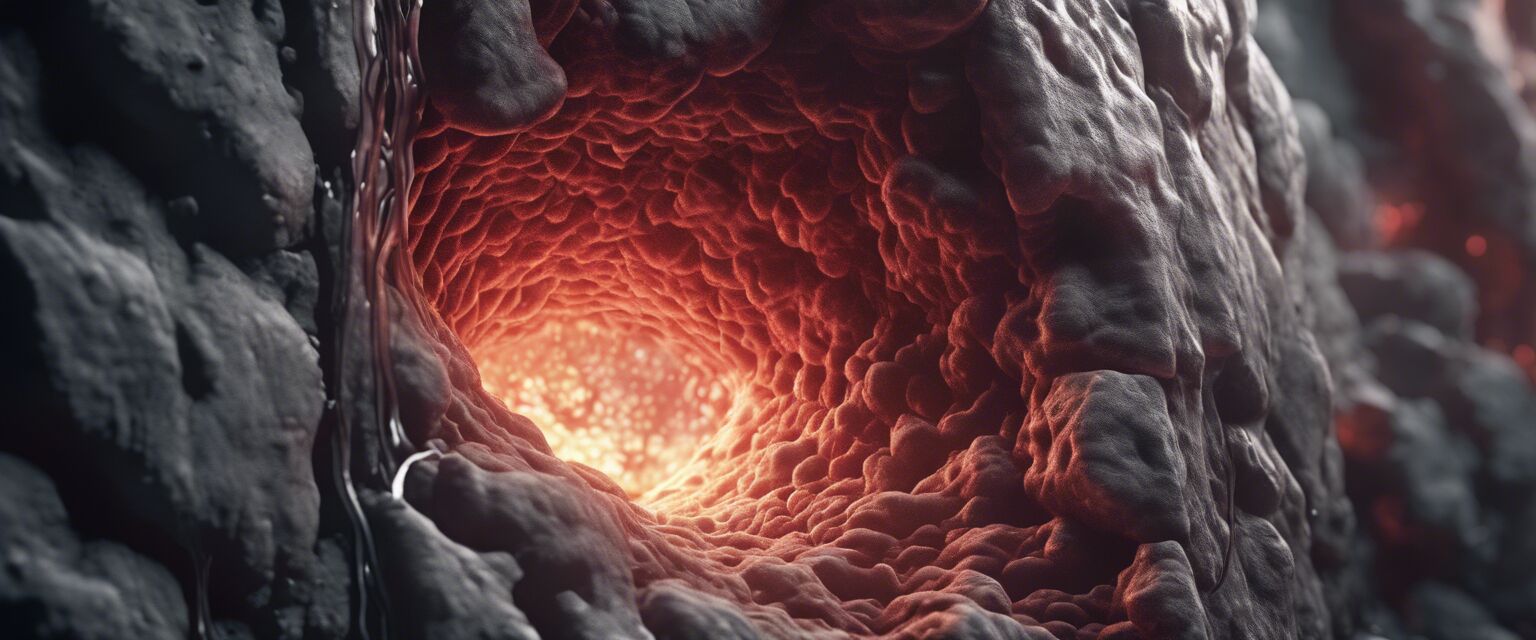
Risk Factors for Complications
Certain factors can increase the risk of complications from diverticulitis. These include:
- Age: The risk of complications increases with age
- Severity of symptoms: More severe symptoms can increase the risk of complications
- Delay in treatment: Delaying treatment can increase the risk of complications
- Underlying health conditions: Certain health conditions, such as diabetes or heart disease, can increase the risk of complications
Prevention and Management
Lifestyle changes and proper management can help prevent or reduce the risk of complications from diverticulitis. Here are some tips:
- Eat a high-fiber diet: A high-fiber diet can help reduce the risk of diverticulitis and its complications
- Stay hydrated: Drinking plenty of water can help prevent constipation and reduce the risk of complications
- Exercise regularly: Regular exercise can help improve digestion and reduce the risk of complications
- Manage stress: Stress can exacerbate diverticulitis symptoms and increase the risk of complications
In addition to lifestyle changes, proper management of diverticulitis symptoms is crucial in preventing complications. This may include:
- Taking medications as prescribed by your doctor
- Following a specialized diet plan
- Practicing good bowel habits, such as regular bowel movements and avoiding straining

When to Seek Medical Attention
If you experience any of the following symptoms, seek medical attention immediately:
- Severe abdominal pain
- Fever
- Vomiting
- Bloody stools
- Difficulty passing stools or gas
In addition, if you have a history of diverticulitis and experience any new or worsening symptoms, seek medical attention promptly.
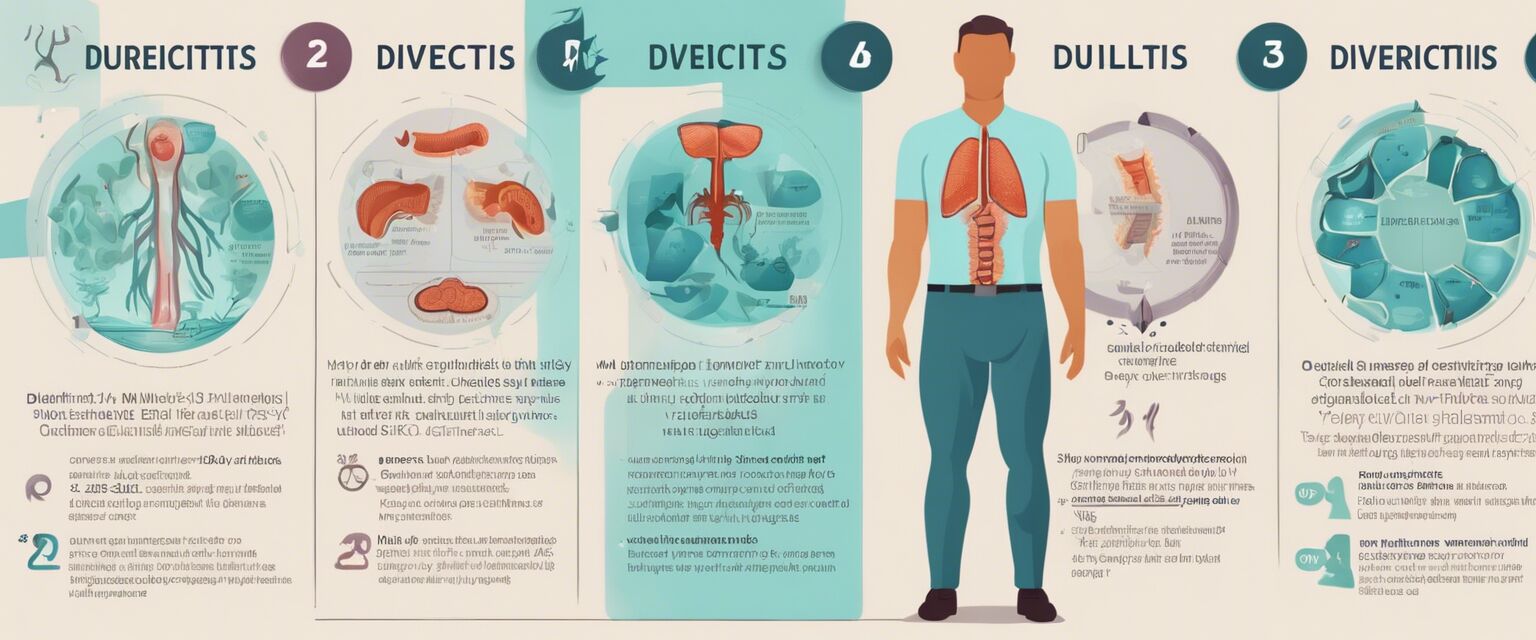
Benefits of Proper Management
- Reduced risk of complications
- Improved symptoms
- Improved quality of life
Risks of Delayed Treatment
- Increased risk of complications
- Worsening of symptoms
- Possible hospitalization
Tips for Managing Diverticulitis
- Keep a food diary to track your diet and symptoms
- Stay hydrated by drinking plenty of water
- Try stress-reducing techniques, such as meditation or yoga
- Get regular exercise to improve digestion and overall health
For more information on managing diverticulitis, check out our educational resources and digestive health supplements.
